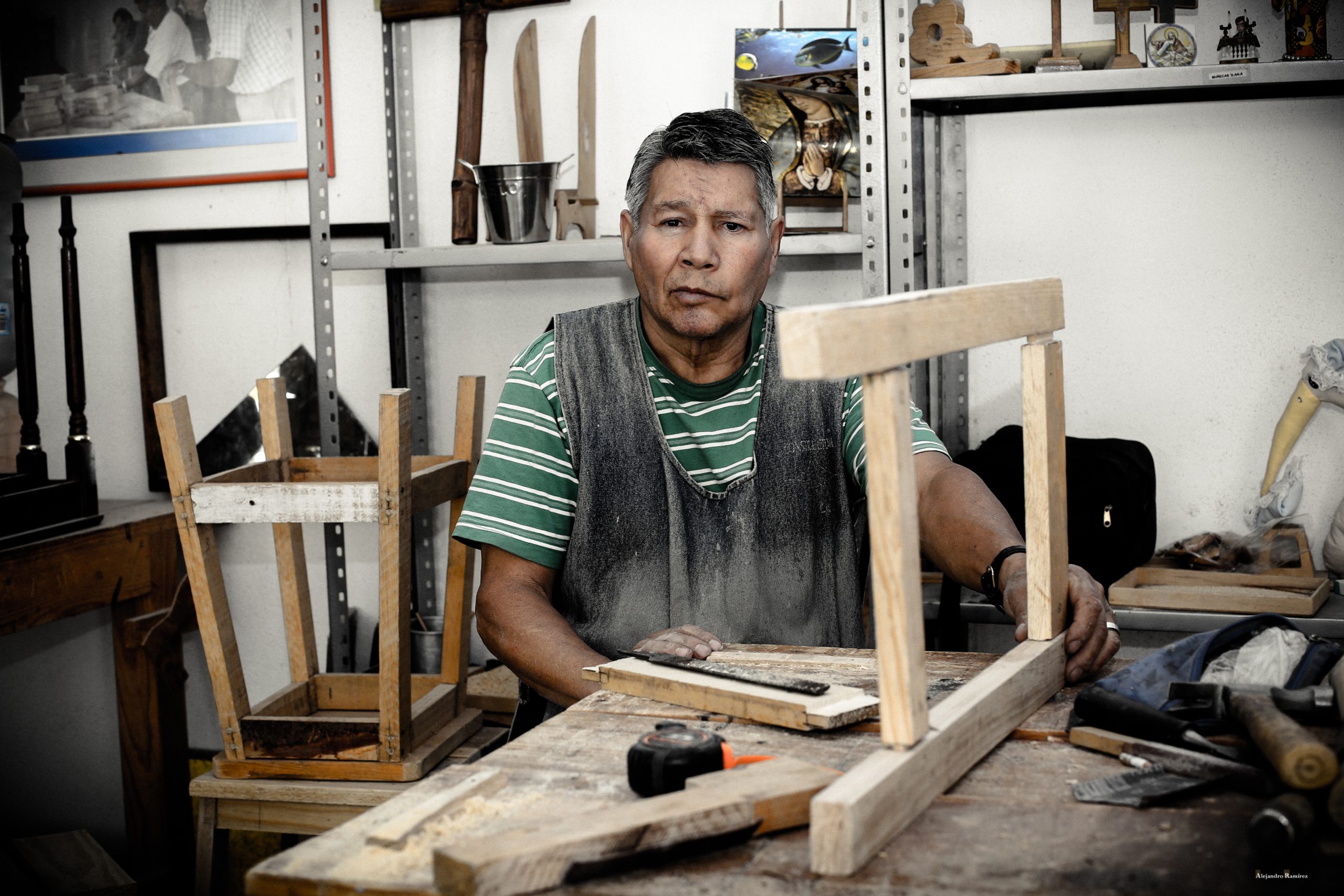As a carpenter, you will need a variety of tools and equipment to complete your projects.
Carpentry has been an essential trade
From ancient times, carpenters have been responsible for constructing everything from simple shelters to grand palaces. The skills and techniques of carpentry have evolved over time, but the basic principles of working with wood have remained the same. Carpentry is a physically demanding trade that requires strength, dexterity, and attention to detail. Carpenters must be able to work with hand drawings, and work with mathematical concepts such as geometry and trigonometry. Find out more information about byggfirmaunhjem.
Tools used by Carpenters
The tools used by carpenters vary depending on the specific task at hand. Basic tools used in carpentry include hammers, saws, chisels, levels, and squares. Power tools such as circular saws, jigsaws, and routers are also commonly used. Carpenters must also be familiar with safety procedures and precautions when working with these tools.
Important skill
One of the most important skills a carpenter must possess is the ability to read and interpret blueprints and drawings. Blueprints are detailed drawings that show the dimensions, layout, and construction details of a structure. Carpenters must be able to read and understand these plans in order to construct the building according to the specifications.

Familiar with Mathematical
Carpenters must also be familiar with mathematical concepts such as geometry and trigonometry. These concepts are used to calculate angles, lengths, and other dimensions necessary for constructing a building. For example, a carpenter must be able to calculate the length of a rafter needed to support a roof based on the pitch of the roof. Read more detail about restaurering kristiansand.

Technical Skills
In addition to technical skills, carpenters must also possess good communication skills. They must be able to communicate effectively with other workers on the job site, as well as with architects and engineers who may be overseeing the project. Good communication skills are also essential for working with clients who may have specific design ideas or requirements for their project.

Career in Carpentry
One of the benefits of a career in carpentry is that it is a highly versatile trade. Carpenters can work in a variety of settings, including residential construction, commercial construction, and industrial construction. They can also specialize in a particular area of carpentry, such as finish carpentry or cabinetmaking.
Offers Opportunities
Carpentry is also a trade that offers opportunities for advancement. Experienced carpenters may become supervisors or project managers, overseeing the work of other carpenters on a job site. Some carpenters may also start their own businesses, working as independent contractors or small business owners.
Requirement
Carpentry is a trade that requires both physical and mental skills. Carpenters must be able to work with their hands, using tools to shape and manipulate building materials. They must also be able to read and interpret blueprints, calculate dimensions, and communicate effectively with others on the job site. More detail about tilbygg kristiansand.
Demands of the job
Despite the physical demands of the job, carpentry can be a highly rewarding career. Carpenters have the satisfaction of knowing that they building or structure that will last for generations. They also have the opportunity to work on a variety of projects, from simple homes to complex commercial buildings, which can provide a sense of variety and challenge in their work.

Traditional Carpentry
In addition to traditional carpentry skills, modern carpenters must also be familiar with new building materials and techniques. new materials such as composite lumber and engineered wood, which can offer advantages over traditional solid wood in terms of strength, durability, and cost.
Carpentry is also becoming more environmentally friendly.
with a growing emphasis on sustainable building practices. Carpenters can help to reduce waste by using recycled materials and minimizing construction waste.
Outlook for Carpenters
The job outlook for carpenters is generally positive. According to the U.S., which is faster than the average for all occupations.
Demand for carpenters
Demand for carpenters is expected to be strongest in the residential construction sector, as well as in areas with high levels of commercial construction activity.
Salary
In terms of salary, carpenters can earn a decent living. the median annual wage for carpenters was $49,520 as of May 2020. The highest 10 percent of earners in the field earned more than $84,690 per year.
Essential for construction
Carpentry has been essential for construction and building for thousands of years. Carpenters are responsible for cutting, shaping, and installing building materials during construction or renovation of various structures.
Work with Wood
They work with wood and other materials such as metal, concrete, and plastics. Carpentry requires physical strength, dexterity, and attention to detail, as well as the ability to read blueprints and interpret dimensions.


